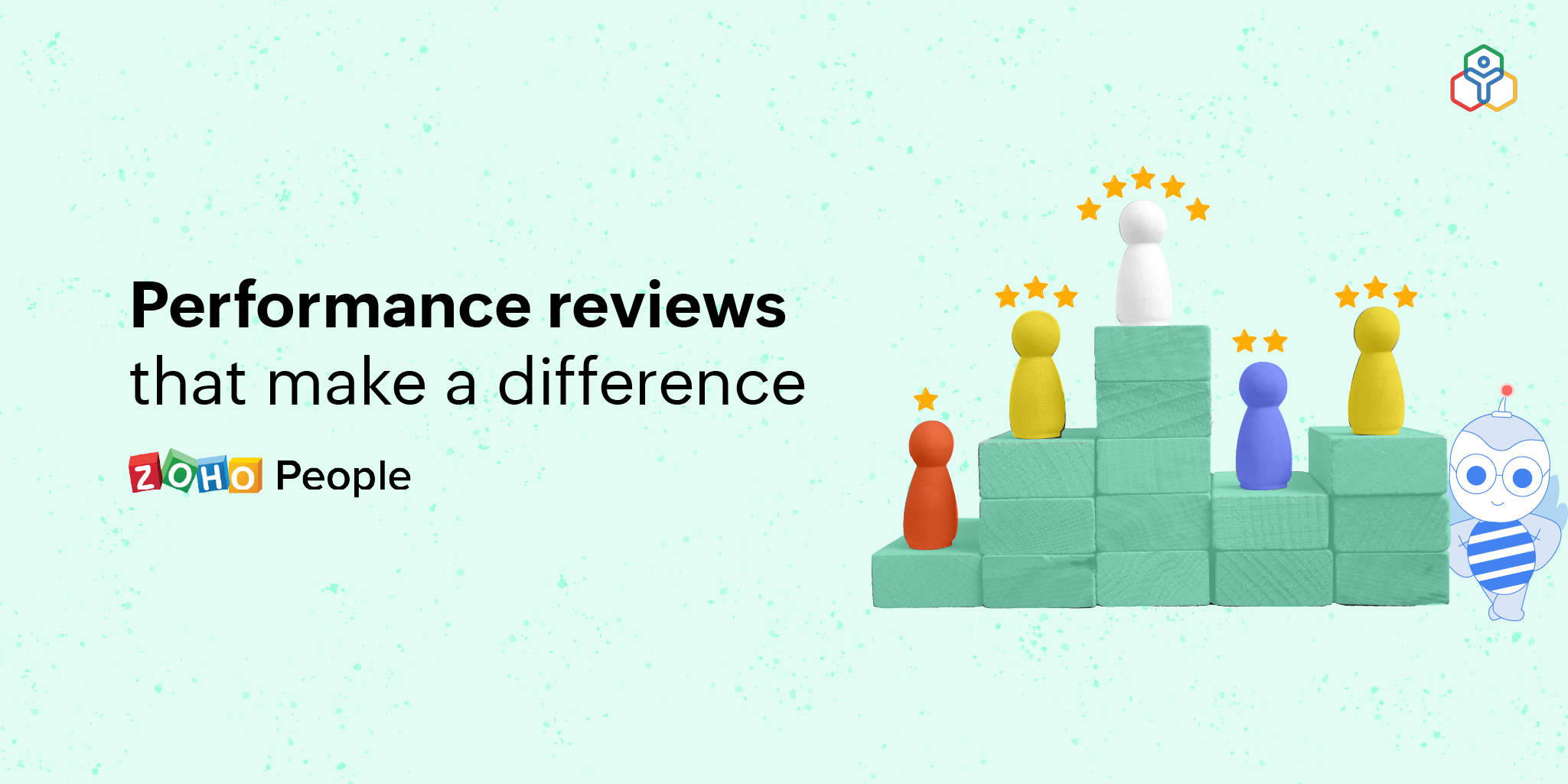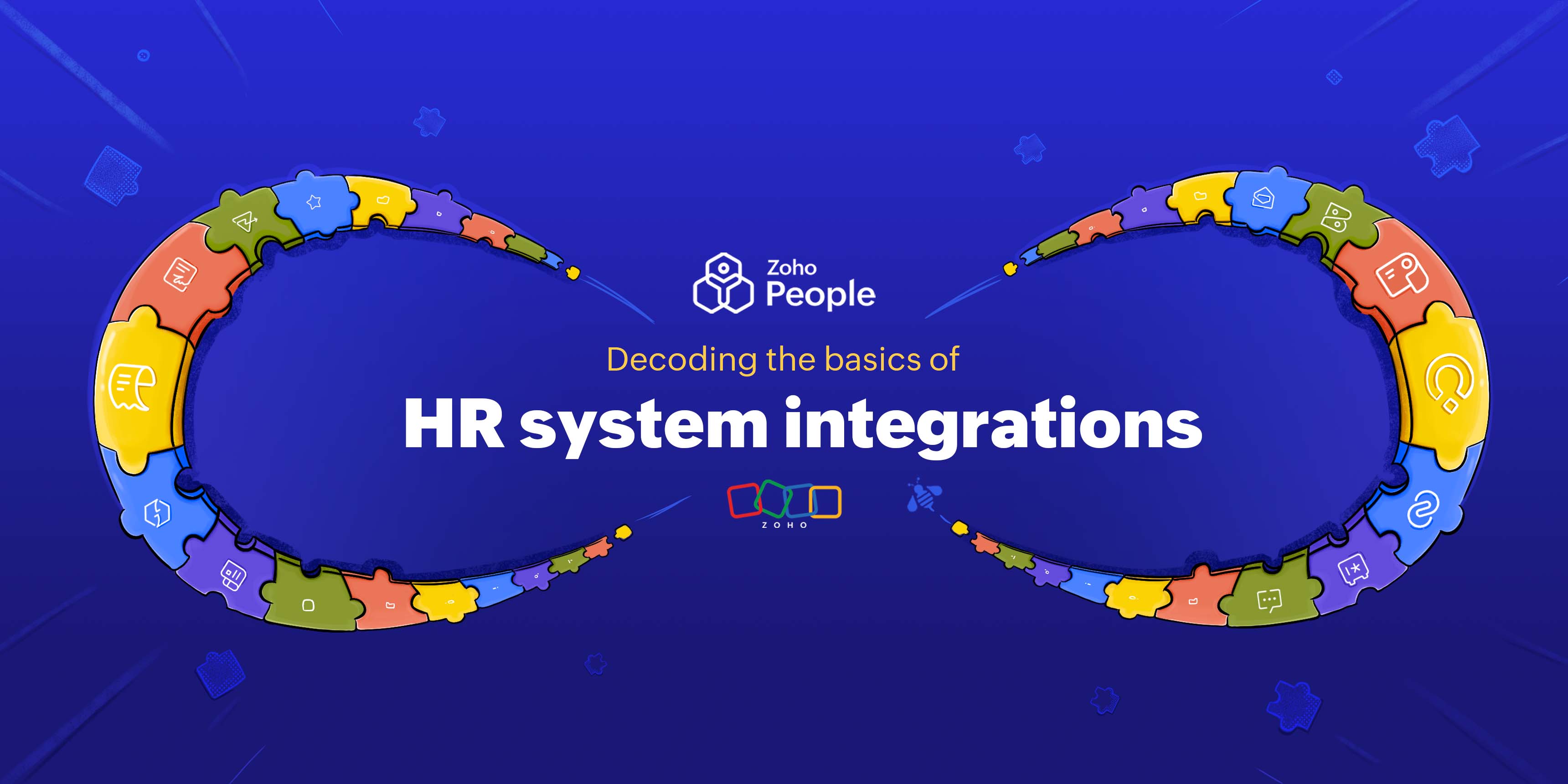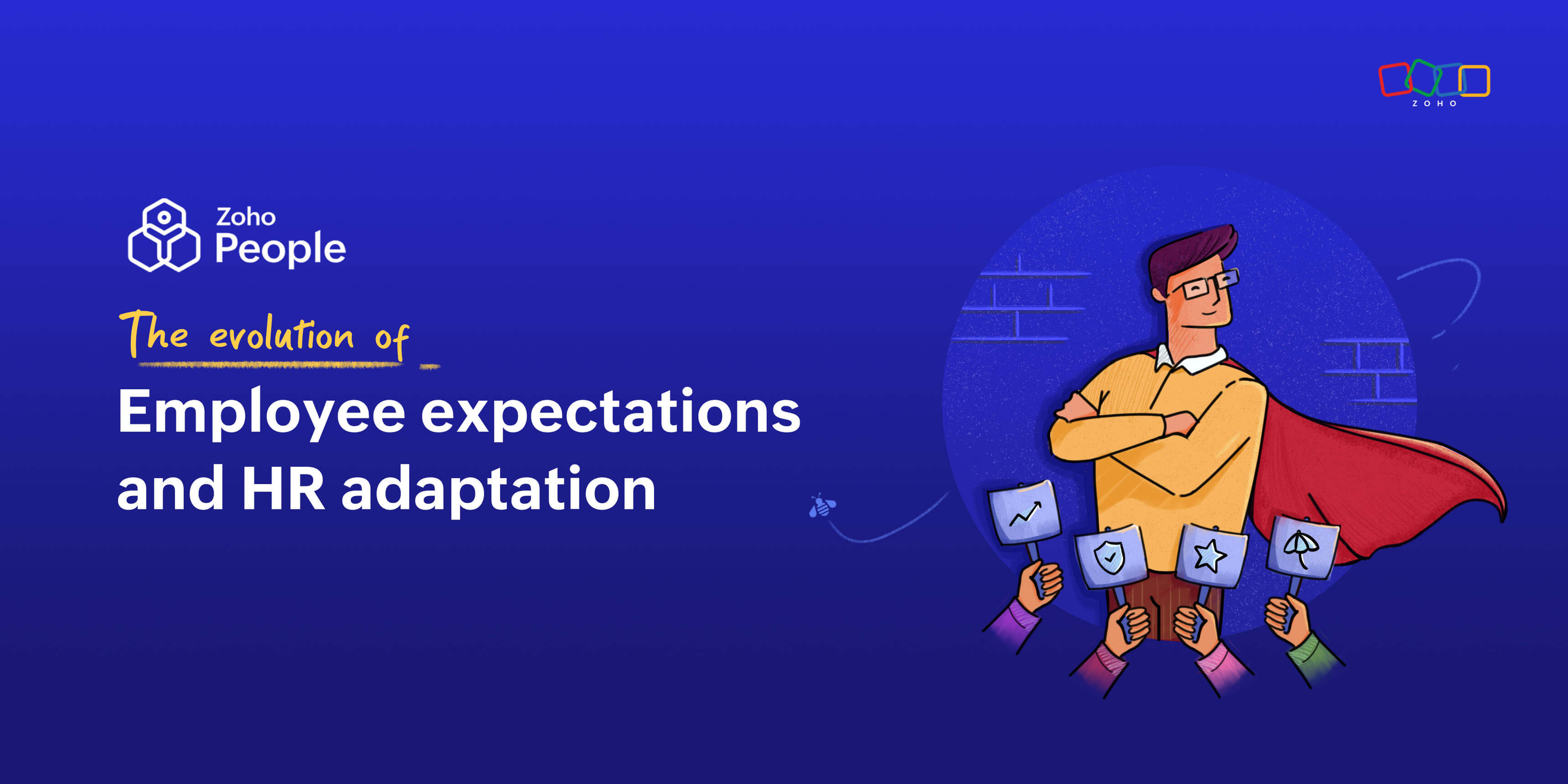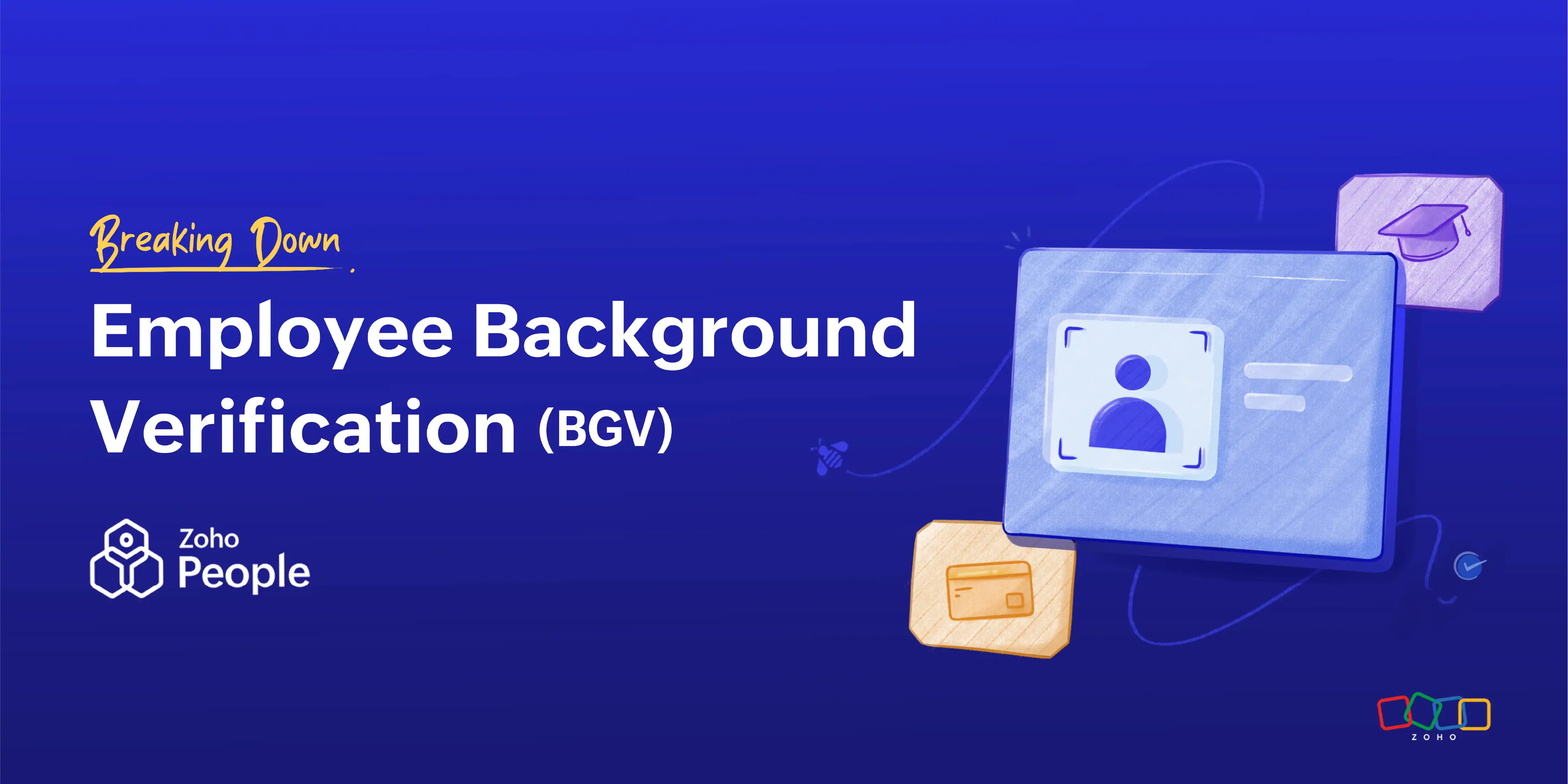- HOME
- Performance and Culture
- 5 tips for running more meaningful performance reviews
5 tips for running more meaningful performance reviews
- Last Updated : August 23, 2023
- 1.3K Views
- 4 Min Read

Think about the time when you received your first performance review. Was it well-structured, timely, and useful? Or was it a procedural, once-a-year process where small mistakes were criticized, triumphs were ignored, and the feedback was generally unhelpful and vague? Now compare that to the current review process at your organization. With HR refocusing to prioritize employee experience, it may be time to reevaluate those annual evaluations.
Why are performance reviews important?
A great performance review leaves employees feeling confident about their progress and with a strong understanding of what to improve during the upcoming period. Even if the structure of your reviews is great, having them only once a year can leave your team feeling lost. In fact, about two-thirds of Gen Z workers feel they need timely and constructive performance feedback throughout the year. That's why it's essential to organize these evaluations regularly to make sure that your employees can remain focused on developing their strengths, improving on their weaknesses, and taking steps toward organizational goals.
If you are wondering where to start, here are 5 tips for providing useful and timely feedback to your employees:
Encourage managers to provide continuous feedback
While performance reviews can happen once every three or six months, it's important to make sure that managers don't wait for all this time to pass before helping employees align their performance. Encourage managers to provide feedback whenever employees are struggling with a particular project or making unintentional mistakes, and show regular appreciation when employees perform exceptionally well.
Without this consistency, employees may find it very challenging to improve the work they do and grow in your organization, which ultimately damages your bottom line. 80% of Gen Y employees say they prefer on-the-spot recognition, so encourage managers to provide their feedback, input, and appreciation right away when it's most relevant. They can facilitate this by conducting regular one-on-ones and check-ins. Implement a system that allows managers to document all the feedback they give so that it's ready for them to access easily during the corporate performance review cycle.
Prepare for performance reviews ahead of time
Performance reviews play a huge role in making an employee's journey within your organization worth it, and yet how you deliver them can make or break their efficacy. Discuss the review cycle with your respective managers and kickstart the process well ahead of time so there's ample opportunity to analyze employee performance accurately, curate useful feedback, and finalize discussion points.
Encourage managers to evaluate both hard and soft skills, depending on their role. Analyze how effectively employees have achieved the goals assigned to them and measure the impact it had on your organizational success. This should include all the projects that employees worked on during the period and not just the most recent ones. You can also make use of 360-degree feedback and self-evaluations to guide your performance feedback. Be sure to keep your employees informed about what they can expect from the review as well so that they can come prepared, too.
Be transparent and fair throughout the process
Fairness and equality should be the core aspects on which your performance reviews are based. The performance feedback you provide should be free from bias and discrimination. Unknowingly, some managers may resort to similarity, confirmation, or experience bias. This can make employees lose the trust they have in your organization, so as part of the preparation process, educate managers about different types of biases that may unintentionally influence the performance reviews they administer.
Using a dedicated performance management system to conduct performance reviews can also help ensure greater transparency and equality. By tracking goals, KRAs, competencies, and skills effectively, performance management systems can provide the basis for your productivity standards, but be sure that you account for individual needs as well. Metrics should be guidelines rather than strict rules.
Let employees ask questions and provide feedback as well
Once the review is over, give employees the space and time to ask questions and provide their own feedback about management in general and the review process specifically. For example, some employees may feel that they don't have access to the tools they need to improve their productivity. Others may be facing some issues within their team. They may even have ideas for training programs they'd like to take, but they aren't clear about whether those skills would be relevant to their roles or career track. All of these concerns can be sorted if the conversation is two-way. Once the conversation about employee performance is over, ask employees to provide their feedback about their manager. Talk to them as their HR representative to find out if they need any additional support to excel in their role. Open communication is the key to organizational growth and success.
Set clear goals and expectations for the upcoming period
During the end of the review, work with managers to set clear goals and expectations for the upcoming period. This will also help you evaluate employee performance effectively during the next review cycle. Encourage managers to provide employees a brief about any upcoming projects, visualize what they wish to achieve, and set smaller step-by-step goals to achieve them. This is another great time for employee feedback about project directions or training programs. If they feel directly involved in getting these projects or courses started, it will naturally motivate them more to see them through to completion.
Final thoughts
Performance reviews, when done right, can make a lot of difference for your employees and your organization. By highlighting every employee's strengths and weaknesses, it enables them to fine-tune their performance and climb up the career ladder, all while contributing higher-quality work toward your organization's success and customer satisfaction.
Zoho People, our HR software, comes with a comprehensive performance management system that allows your organization to measure and evaluate employee performance without hassle. From self-evaluations to feedback exchanges, Zoho People supports and simplifies every step of performance management. Learn more about Zoho People's performance management system.
Also Read: Six reasons why continuous performance reviews are necessary
 Tarika
TarikaContent Specialist at Zoho People


